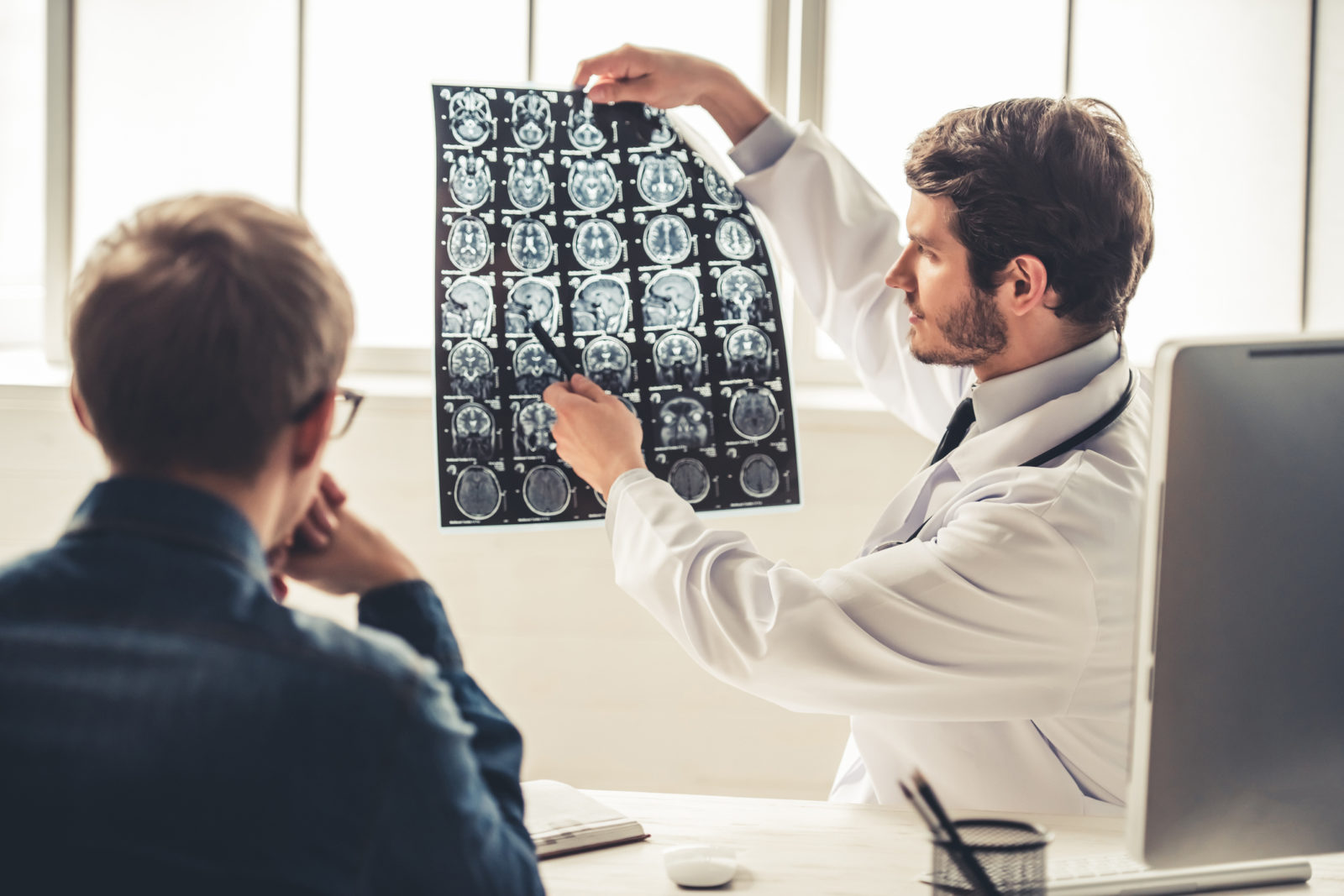Five Tips for Reducing Your Risk of Stroke

Strokes are the fifth-leading cause of death in the United States and the leading cause of serious, long-term disability. Every 40 seconds, someone in the U.S. has a stroke.
The good news is that, according to the National Stroke Association, up to 80 percent of strokes are preventable. Many of the risk factors for stroke – high blood pressure, high cholesterol, diabetes, and certain heart conditions, such as atrial fibrillation – are all treatable conditions. Additionally, many behavioral risks, such as smoking, obesity, lack of exercise, poor nutrition and alcohol/drug abuse, can be eliminated or reduced through modifying behavior.
Here are some things you can do to lower your risk.
- Quit smoking
First, if you smoke, quit. Smoking is a major risk factor for stroke and quitting can reduce your risk almost immediately.
- Get treated for diseases that increase your risk
High blood pressure, diabetes, sleep apnea and atrial fibrillation all increase your risk of stroke and all are treatable. If you have any of these conditions, talk to your doctor about a treatment plan that will work for you. This may include both medications and lifestyle changes.
- Exercise
In a study conducted by the University of Alabama, researchers discovered that physical inactivity was associated with a 20 percent increased risk of stroke. Exercise also helps in lowering your blood pressure, considered by many experts to be the single leading risk factor for stroke. Exercise may also help you lose weight and obesity is another risk factor for stroke.
- Eat a nutritious diet
Research has shown that a Mediterranean diet reduces the risk of stroke in people with heart disease. Eating more healthfully will also help in losing weight. Researchers at Columbia University found that abdominal obesity was associated with a greater risk of stroke for both men and women, even after adjusting for other risk factors. And, just like exercise, eating more nutritiously may lower your risk for other diseases.
- Drink alcohol only in moderation
Drinking alcohol in moderation (1-2 drinks per day) may reduce your risk of a stroke. Drink more than that and your risk goes up quickly. Red wine is a good choice, as it contains resveratrol, considered by many to protect the heart and brain.
Recovery after a stroke
Rehabilitation is essential after having a stroke – the sooner therapy begins, the better your chances of regaining lost abilities. Strokes vary widely in severity and your rehabilitation will differ depending on your particular needs. Rehabilitation will help you relearn the skills you may have lost as a result of the stroke and may include:
- Regaining motor skills and mobility through muscle strengthening, balance and coordination exercises, the use of walking aids and perhaps therapy to help with swallowing. This may include technology-assisted treatments such as functional electrical stimulation, robotic technology and noninvasive brain stimulation.
- Therapy for communication disorders including those affecting speech, writing, comprehension and listening.
- Psychological assessment and treatment to help you with your emotional adjustment. This may include counseling with a professional therapist or participating in support groups.
You may also be prescribed medications – usually blood thinners (anticoagulants) to help reduce your risk of a future stoke. Antidepressants are also sometimes used to help ease the trauma of dealing with new realities.
Most people who have suffered a stroke are able to see at least some level of improvement through therapy. Many continue to improve over a long period of time and others are able to recover fully.
![Charlesgate [logo]](https://www.charlesgate.net/wp-content/uploads/sites/218/2016/12/logo-new.png)